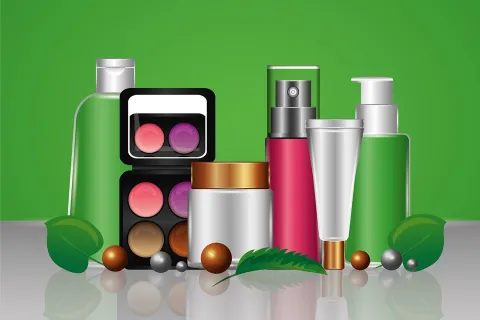
The United Kingdom (UK) has a robust Regulatory framework in place to ensure the safety and quality of cosmetic products sold within its borders. Cosmetic manufacturers must comply with these standards to avoid any legal action, damage to their reputation, and potential harm to consumers. This blog outlines the key considerations for cosmetic manufacturers to ensure compliance with the UK safety and testing standards.
Understanding UK Cosmetic Regulations
The UK Cosmetic Regulation was first introduced in 1978 and has undergone several revisions since then, including the most recent revision in 2021, post Brexit. The current version of the regulation is based on the European Union (EU)’s Cosmetic Regulation (EC) No. 1223/2009 and includes additional requirements specific to the UK.
Product Safety
Product safety is the topmost priority for the UK cosmetic regulations. Cosmetic manufacturers must ensure that their products are safe for use, including using permitted ingredients, conducting appropriate tests, and keeping up to date with Regulatory requirements. A safety assessment that considers the product’s intended use, the concentration and purity of its ingredients, and any potential risks associated with its use is mandatory.
UK RP
Each cosmetic product must have a Responsible Person (RP) based in the UK who ensures safety measures are followed and legal obligations are met. The UK RP can be a business or an individual and must have a UK-established address to make cosmetic products available in Great Britain.
PIF
A Product Information File (PIF) in English must be kept by the RP at the disposal of the Health Authorities (HAs) in case of inspection, for up to ten (10) years after market launch. The PIF includes the product description, product safety report, manufacturing method, Good Manufacturing Practice (GMP) certificate, evidence for the cosmetic product’s effects (claims), and data on animal testing.
Mandatory Laboratory Tests
Each cosmetic product must conduct:
- Stability test to determine the shelf life of a product, that is, how long the product keeps its function and can be used safely.
- Compatibility test between the product and its container.
- Microbiological purity and preservative efficacy (challenge) test to ensure that there is no risk of microbial growth during the storage and use of the product.
Additional tests might be required, depending on the product type or the claims on the labels. For example, if you want to state that a product is “dermatologically tested,” you should perform a patch test to validate the claim.
Conformity Assessment and Markings
Manufacturers must ensure that their products meet the essential safety requirements and satisfy appropriate conformity assessment procedures. This includes affixing the appropriate conformity marking such as the UK Conformity Assessed (UKCA) mark for cosmetic aerosols, which replaced the Conformité Européenne (CE) mark post Brexit. The UKCA mark demonstrates compliance with all applicable UK regulations.
Key Considerations for Cosmetic Manufacturers
- Compliance with Cosmetic Regulations
- Product Testing and Certification
- Conformity Assessment and Markings
- UK RP
- PIF
To conclude, ensuring compliance with the UK safety and testing standards is crucial for cosmetic manufacturers to avoid legal action and potential harm to consumers. By understanding the relevant regulations, cosmetic manufacturers can confidently bring their products into the UK market. Consult our cosmetic safety assessment experts to ensure cosmetic safety for your products.









